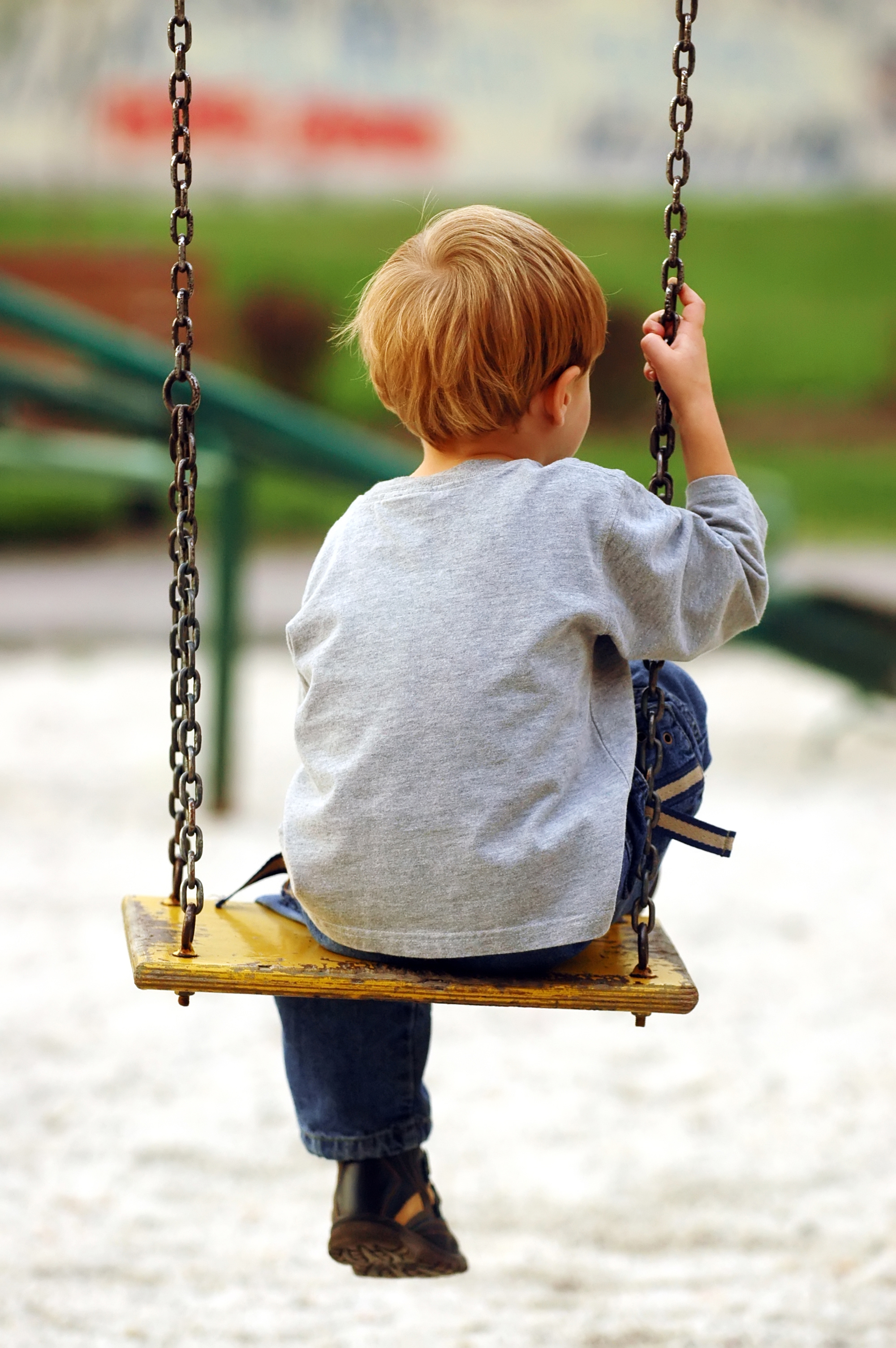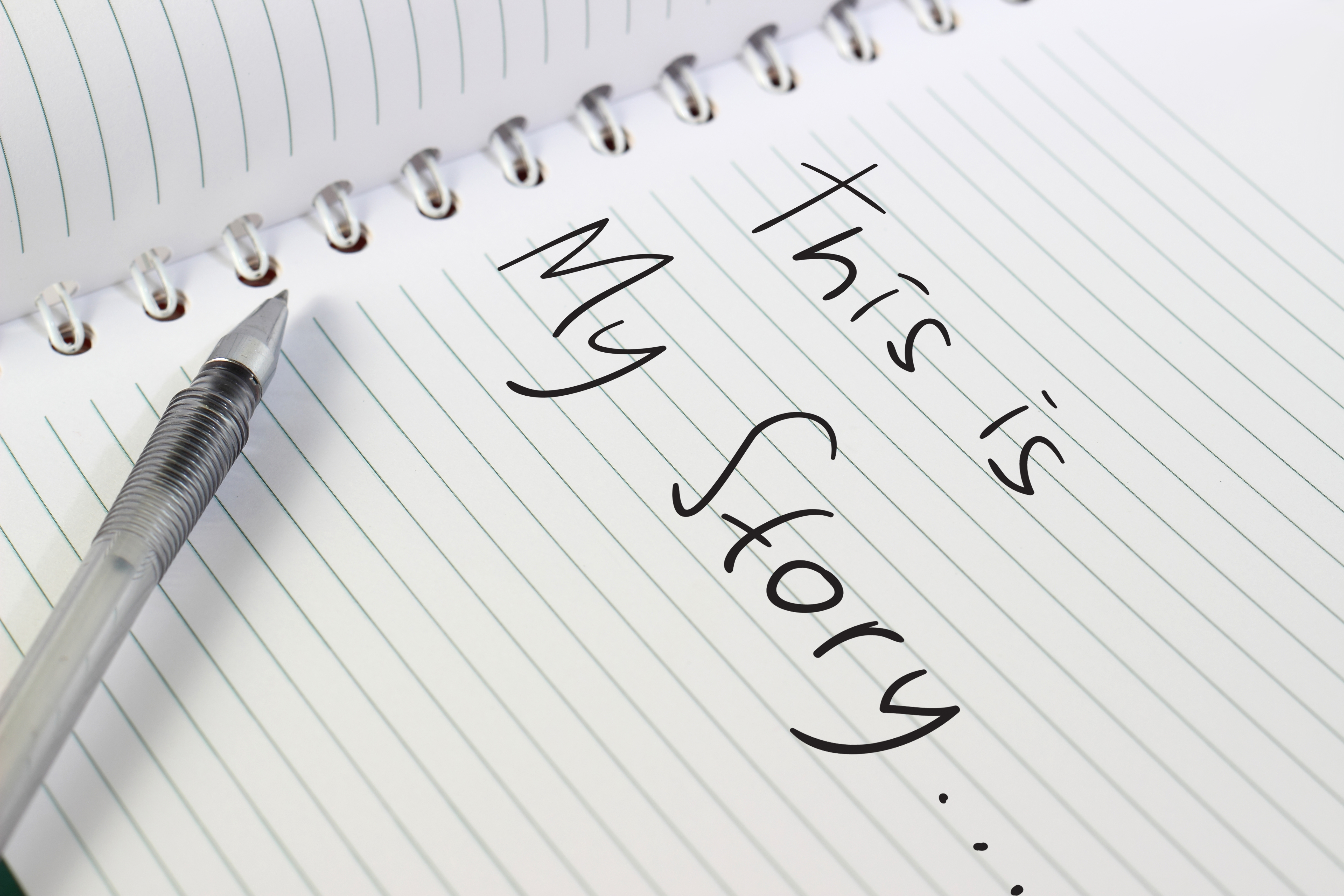We all know why we have a physical stress response. It’s well understood and accepted that our belief we are in danger triggers a chemical cascade in our nervous system that enhances our ability to run or fight, and that’s been the case since our ancestors were hunting on the African Plains.
We also know and accept that this response hasn’t evolved to match our current lifestyles. Those threats or dangers we perceive now are rarely life or limb threatening situations. Something that threatens our income or lifestyle, like the worry about losing our job, is just as stressful to our brain, and therefore our body. Yet our wiring is such that we still release all the fight or flight chemicals.
That adrenaline and cortisol storms our circulation, priming our bodies for peak physical performance – yet we are sat at a desk or on the train commuting home. Those chemicals don’t get used and metabolized in the way they are supposed to. Instead they sit in our tissues causing inflammation and physical stress.
This is the beginning of stress becoming toxic.
Toxic stress in childhood
The adverse experiences we have in childhood can be prolonged, and that extended time is what makes the stress become toxic. For example, when parents separate or divorce, the initial shock is just the beginning of the child’s stress.
Not only is the child suffering mentally and physically from the stress in that window of time, but also due to the formative nature of our childhood years, they are laying down the tracks for their health later in life.
The brain learns through repetition. So the more the stress response and associated chemical cascades are triggered by feelings of stress, the more this becomes a default setting for the person later in life.
The positives (and there are plenty)
It’s not all doom and gloom. As adults we are ale to advocate for ourselves, and many of those feelings of powerlessness from childhood can be overcome. When we become conscious of the fact that much of what we are feeling are learned responses, we can take the initiative to relearn, and in a sense rewrite the story of our lives.
As a medical doctor focused on trauma and recovery, I encourage my patients, social media followers, people who read my books and really anyone who will listen, to know that there are a wealth of ways to heal childhood trauma, improve your physical and mental health, and in essence ‘re-parent yourself’.

Resilience
As an author, speaker and filmmaker, I talk a lot about resilience. I really want to make sure that people are looking at resilience in the right way, as a gentle but strong way of being, and not a stick to beat themselves with.
You do not need to ‘be more resilient’ if you are struggling. Try thinking of resilience as a by-product that develops while you are focusing on self-care and re-parenting yourself.
As I said in my recent article about Adverse Childhood Experiences; do not confuse tolerance for stress with resilience. They are very different things.
Society as large has this idea that being able to tolerate large volumes of stress is a good thing – a sign of strength, if you will. I think this is a dangerous perspective.
We all have a breaking point, and if we keep persevering without healing the underlying trauma, we will eventually reach the end of our fuse.
This tends to be the point where burnout and idiopathic illness creeps up on us. Our mind and body both run out of energy.
Instead, focus on healing to stay resilient. Think of space, pace and boundaries as your keys to staying physically and mentally afloat.
Where your children come in
If you’ve been through childhood trauma and ever done any inner child work, then you will have an understanding of how you were impacted as child. Although it is typical for adults to forget, move on and put these memories to bed, those of us who do allow our inner child to speak really get to the root of their pain. This is of course when you can begin to heal.
But think about how you felt as a child gives you a great insight into how your own children may feel under similar pressures. The worrying thing I’m seeing more evidence of, is that those adults who don’t ever heal themselves go on to pass their stress down to their offspring.
If you are reading this and recognizing yourself as someone who experienced ACEs, or who is experiencing toxic levels of stress now, then you can absolutely do something about it. Addressing your stress and breaking that chain of it being handed down is an amazing gift to give your children. Read on for my suggestions.
Epigenetics
The study of changes in gene expression, Epigenetics, unlocks a whole world of curiosity for me. These changes in gene expression do not come form changes within the gene, but from other influences.
One way that early adversity can affect long-term change is by altering the way an individual’s genetic blueprint is read. This results in a long list of potential complications; from mental health conditions to diabetes, increased risk of cancer, and idiopathic conditions such as fibromyalgia.
According to the Centers for Disease Control and Prevention, ACEs can change brain development, and affect decision-making, attention and response to stress. As adults, people with ACE exposure are more likely to engage in risky behavior and suffer consequences such as alcoholism, poorer health across the board, and even suicide.
The original study of Adverse Childhood Experiences (Anda, R. and Felitti. V, 1995) examined the child and adolescent histories of 17,000 people, comparing their childhood experiences to their later adult health records.
Healing and hope
When stress becomes toxic for you, or for your family, then this is your opportunity to change things.
Understanding how you became the way you are and why it’s so hard to feel good and healthy, can help point you to resources for deeper healing.

Writing Therapy (Pizarro, 2004) offers relief for patients suffering from severe stress and psychological trauma through the act of writing one´s own account of those stressful events. While the raw, objective facts of the past cannot be altered any more, it is very much possible to change your perception of events to something more meaningful.
It is absolutely possible to come to terms with your life history by consciously creating mental distance to it, by altering its emotional valence, or retroactively finding a deeper meaning in what happened to us earlier (Pennebaker, 1997).
LifeWriting is at the heart of my work in the world. And you are invited to do a life review activity with me, to identify turning points in your development and examine where your beliefs and reactions came from. This exercise shifts you from feeling like a victim, to being the hero of your own life story.
You might also like to join my Real Self Love Community. This is a free group where registered members can join me once a month for group coaching and conversation via Zoom. A lot of our coaching topics are taken from my book, The Real Self Love Handbook, and involve my 5-Step Cornerstone Process for learning to love yourself, give yourself the respect you deserve and the permission to be yourself.
Finally, if you don’t know your ACE score, then head here to get yours. You will be shown your results on a page with links to my resources, including those mentioned above.
Finally, please know that you are not alone. ACEs are most common than you think, and many of us have been pushing on with life in silence. But you don’t have to do that anymore. Talk to people, reach out and join supportive groups.
Know that there is nothing wrong with you for feeling the effects of stress – this is perfectly human. And know that you are loveable and worthy, just as you are.


